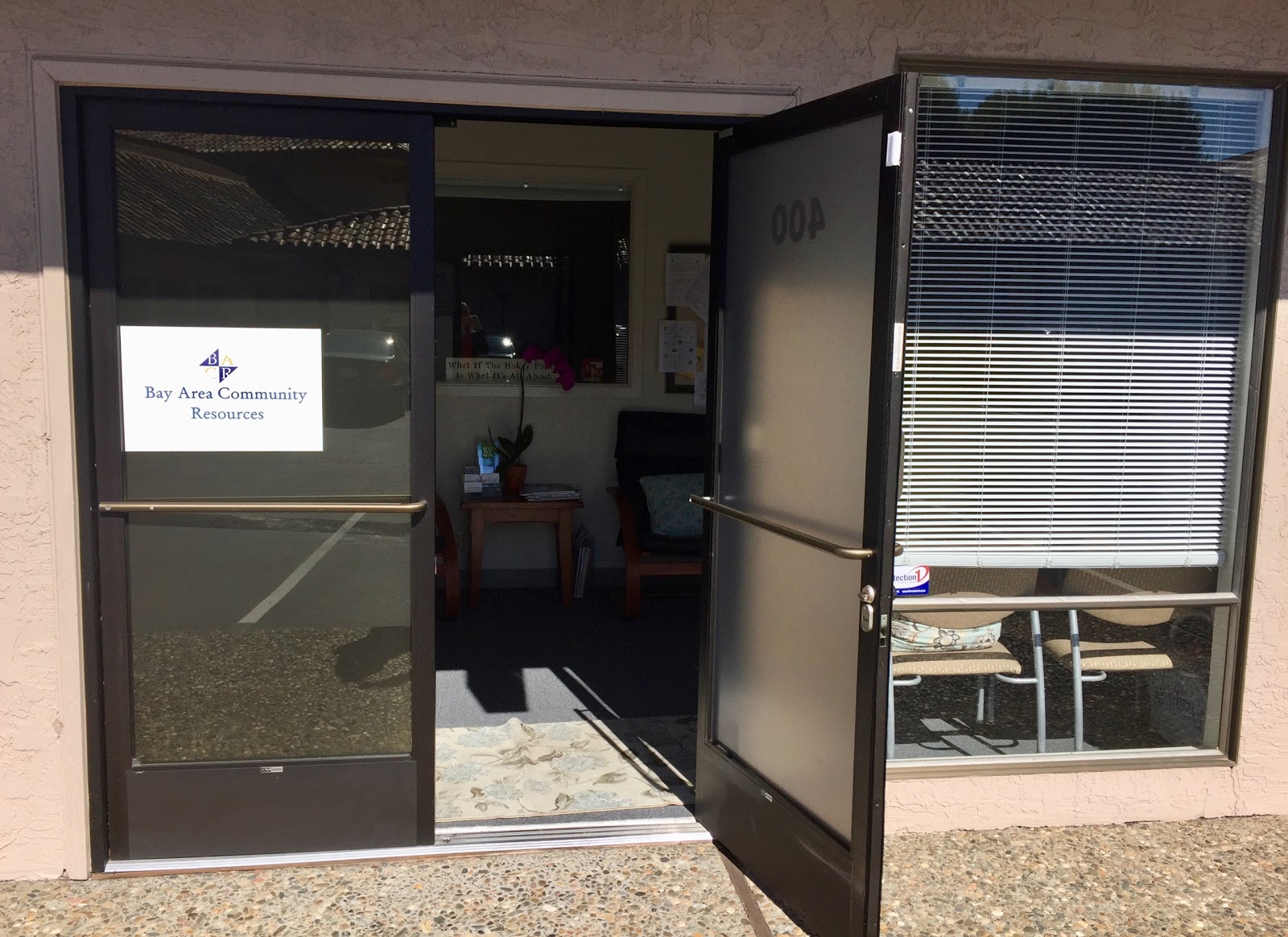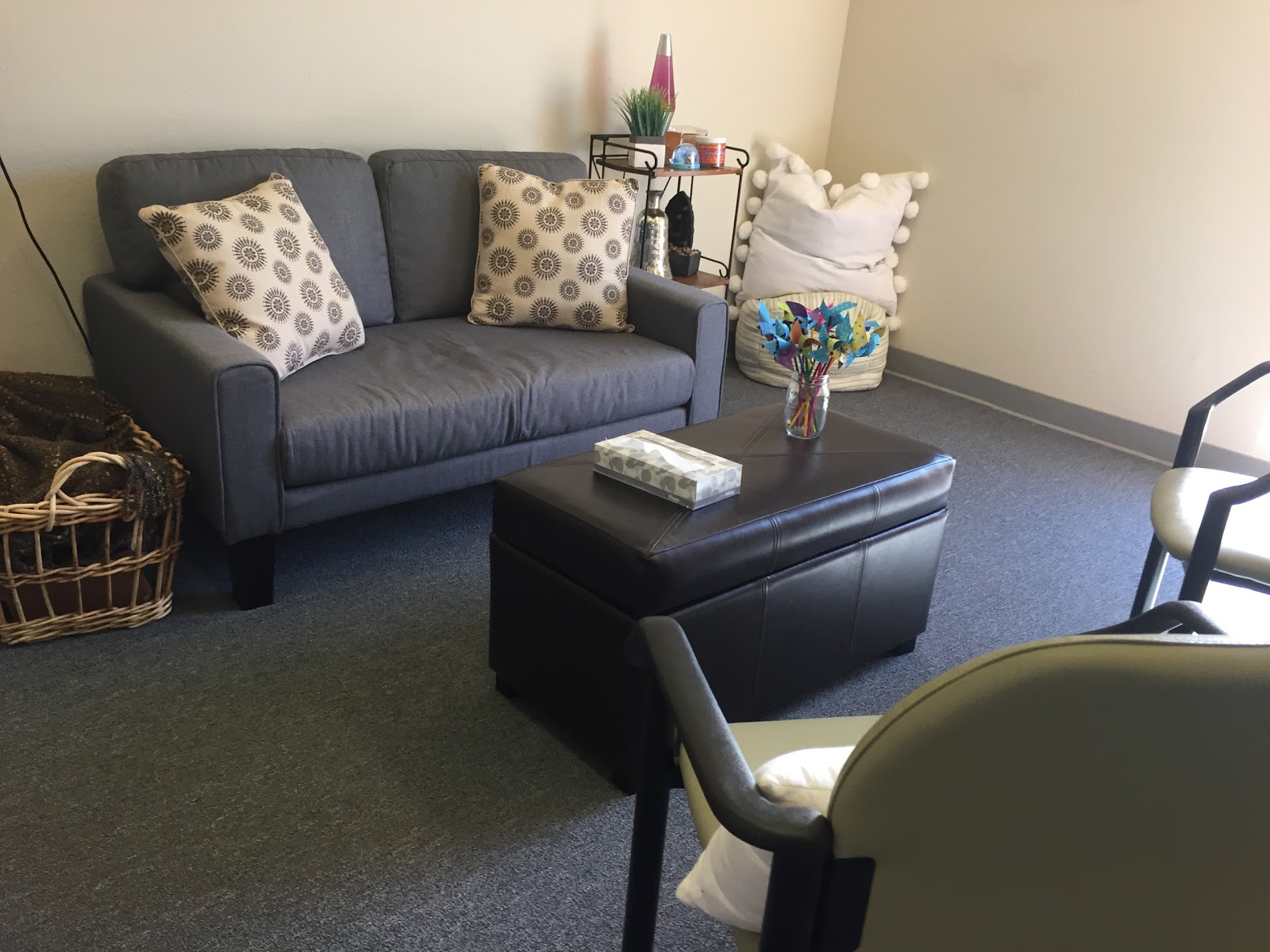Bay Area Community Services - Marin Counseling Clinic
Overview
Bay Area Community Services - Marin Counseling Clinic is a substance abuse treatment center for people seeking treatment near Marin County. As part of their treatment modalities for recovery, Bay Area Community Services - Marin Counseling Clinic provides individual psychotherapy, group counseling, and family counseling during treatment. Bay Area Community Services - Marin Counseling Clinic is located in San Rafael, California, accepting cash or self-payment for treatment.
Bay Area Community Services - Marin Counseling Clinic at a Glance
Payment Options
- Cash or self-payment
- Sliding fee scale (fee is based on income and other factors)
- Medicaid
Assessments
- Comprehensive mental health assessment
- Comprehensive substance use assessment
Age Groups
- Children/adolescents
- Young adults
- Adults
Operation
- Private non-profit organization
Treatment At Bay Area Community Services - Marin Counseling Clinic

Conditions Treated
Mental health treatment:
Mental health facilities offer a safe space for individuals to get specialized care. Trained experts create personal plans using therapies, possibly including medication. The goal is to help individuals cope better and lead fulfilling lives, with constant support and a community feel.
Alcoholism:
Alcohol addiction is a condition where a person's brain gets used to having alcohol, making it hard for them to control their drinking. This can lead to feeling down, acting without thinking, wanting alcohol strongly, and feeling sick if they don't drink. To help with this, treatment programs are available. These usually include a guided process to safely stop drinking, talking with professionals to work through problems, and joining support groups with others facing similar issues. While these treatments can't fully cure the addiction, they provide tools and support to help individuals live a better life and keep their drinking under control.
Opioid Addiction:
Opioid rehabilitation centers are dedicated to assisting individuals overcoming opioid dependence. They cater to those battling addiction from illicit opioids such as heroin, as well as those addicted to prescription medications like oxycodone. These facilities may provide a holistic approach that encompasses both physical care, which often involves medical detox and ongoing medical assistance (including medications), and psychological care through comprehensive therapy to tackle the root causes of addiction.
Substance use treatment:
Substance use rehabilitation represents a holistic treatment strategy tailored to aid individuals grappling with drug or alcohol addiction. This comprehensive rehabilitation method encompasses two key aspects: first, addressing the physical dependency, often commencing with detoxification, and second, tackling the psychological triggers through a range of therapeutic techniques. The ultimate aim is to empower individuals to attain and sustain sobriety while providing them with the necessary skills and coping mechanisms to successfully reintegrate into society and lead a life free from substance abuse.
Co-occurring Disorders:
Dual-diagnosis rehabilitation centers specialize in the treatment of individuals who suffer from a co-occurring mental health disorder and a substance use disorder. This complex interplay between addiction and mental health can make recovery more challenging, as each condition may exacerbate the symptoms of the other. Dual-diagnosis rehabilitation centers offer an integrated approach that addresses both issues simultaneously and often includes a comprehensive assessment for an Integrated Treatment Approach through Holistic Therapies, including family therapy and aftercare treatment.

Levels Of Care
Detoxification:
Detoxification, often just called "detox", is like giving the body a deep clean from harmful substances like drugs or alcohol. When someone decides to stop using these substances, their body might react with tough symptoms. Detox helps to handle these reactions safely. Think of it as helping the body reset after too much exposure to harmful stuff.
Outpatient:
Outpatient treatment in a rehab center offers structured therapeutic services for individuals seeking recovery without full-time residential admission. Unlike intensive outpatient programs, which demand more frequent and longer sessions, standard outpatient care provides a more flexible approach, allowing participants to maintain daily activities and responsibilities while undergoing treatment.

Treatment Modalities
Individual psychotherapy:
Individual Psychotherapy is a personalized therapeutic approach aimed at aiding individuals in overcoming addiction and its underlying psychological triggers. A licensed therapist works closely with the individual through one-on-one sessions to unearth and address personal challenges, emotional issues, and behavioral patterns contributing to their substance abuse. Individual psychotherapy lays a robust foundation for a sustainable recovery and a better quality of life by fostering self-awareness, coping strategies, and healthier behavioral responses.
Group counseling:
Group Counseling is a therapeutic approach where individuals come together under the guidance of a trained counselor to share experiences, provide mutual support, and gain insights. It fosters a sense of community, promotes understanding through diverse perspectives, and offers personal growth and problem-solving strategies.
Family counseling:
Studies consistently show that the likelihood of sustainable recovery increases when family members are involved in rehab and substance abuse treatment. Genetic elements might influence susceptibility to drug and alcohol dependence and mental health challenges. Family interactions frequently contribute to addiction triggers. However, with the right education, family members can become pivotal support pillars during rehabilitation.
Marital/couples counseling:
Whether a marriage or other committed relationship, an intimate partnership is one of the most important aspects of a person's life. Drug and alcohol addiction affects both members of a couple in deep and meaningful ways, as does rehab and recovery. Couples therapy and other couples-focused treatment programs are significant parts of exploring triggers of addiction, as well as learning how to build healthy patterns to support ongoing sobriety.
Cognitive Behavioral Therapy:
Cognitive Behavioral Therapy (CBT) is a widely practiced form of psychotherapy that seeks to address dysfunctional emotions, behaviors, and thoughts through a goal-oriented, systematic process. It encourages individuals to challenge distorted cognitions and change destructive patterns of behavior by promoting self-awareness and effective coping strategies. CBT is often used to treat a range of disorders including anxiety, depression, and stress, making it a versatile and practical therapeutic approach. Through enhancing an individual's capacity to manage life's challenges, CBT contributes to improved mental well-being and overall quality of life.
Motivational Interviewing:
Motivational Interviewing (MI) is a clinical approach to helping people with substance abuse issues and other conditions shift behavior in positive ways. It is more goal-oriented than traditional psychotherapy, as MI counselors directly attempt to get clients to consider making behavioral change (rather than wait for them to come to conclusions themselves). Its primary purpose is to resolve ambivalence and help clients become able to make healthy choices freely.
Trauma-related counseling:
Trauma therapy addresses the underlying emotional and psychological wounds that may contribute to an individual's substance abuse. Through a combination of psychotherapy and coping strategies, individuals are aided in processing past traumatic experiences, understanding the impact of trauma on their current behavior, and developing healthier coping mechanisms. This holistic approach fosters resilience, aids in the resolution of trauma, and is fundamental in supporting individuals on their path toward sustained recovery from addiction.
Ancillary Services
Special Programs
- Clients who have experienced trauma

Additional Locations
Contact Information
DISCLAIMER: The facility name, logo and brand are the property and registered trademarks of Bay Area Community Services - Marin Counseling Clinic, and are being used for identification and informational purposes only. Use of these names, logos and brands shall not imply endorsement. BetterAddictionCare.com is not affiliated with or sponsored by Bay Area Community Services - Marin Counseling Clinic.




